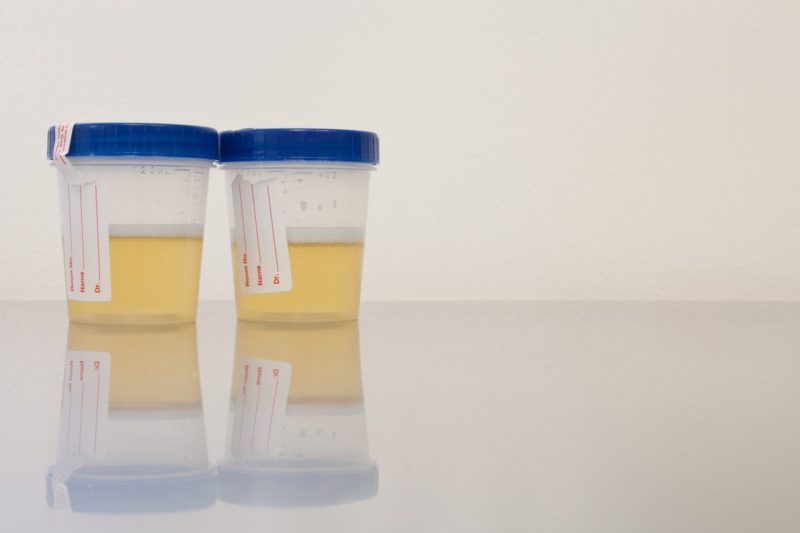GOP Governors Ask Congress to Allow Failed Drug Testing Policy for Welfare Recipients
Tennessee in February became the latest state to see the drug testing of welfare recipients fail, after less than 1 percent of those who applied for welfare benefits tested positive for drugs in the program's first 18 months.

Wisconsin Gov. Scott Walker and ten other Republican governors signed a letter Monday urging Congress to allow drug testing to determine eligibility for food assistance—a policy that has fallen flat everywhere it’s been implemented.
Walker was joined in his call by GOP governors from Arizona, Idaho, Kansas, Kentucky, Maine, Nebraska, Oklahoma, South Carolina, Texas, and Utah. The group claimed that states have the right to drug test users of social safety net programs such as the Supplemental Nutrition Assistance Program (SNAP), commonly referred to as food stamps, under the 1996 Welfare Reform Act.
Though at least 15 states drug test those enrolled in or applying for public assistance programs such as the Temporary Assistance for Needy Families (TANF) program, or welfare, the federal government does not allow the same for SNAP.
“Since SNAP and other welfare programs typically have job training requirements as a core element, we write today to express our sincere confidence that drug testing recipients of SNAP benefits is not only lawful, but will aid in our ability to move individuals off of this welfare program and back into the workforce as productive members of their communities,” asserted the governors’ letter.
Tennessee in February became the latest state to see the drug testing of TANF recipients fail, after less than 1 percent of those who applied for welfare benefits tested positive for drugs in the program’s first 18 months. Of the 7,600 welfare applicants since the implementation of North Carolina’s drug testing policy, there were 89 people required to take a drug test and 21 tested positive.
Twelve out of 466 applicants tested positive for drugs from 2012 to 2013 after Utah Republicans required testing for those receiving benefits.
Nevertheless, the two-year state budget signed by Walker in 2015 included a provision requiring drug testing for food assistance applicants. Walker preemptively sued the federal government in 2015 to allow the change, arguing that those who use food assistance “are ‘welfare recipients’ and therefore may be tested and sanctioned for the use of controlled substances.”
In a statement announcing the governors’ letter, Walker lauded legislation introduced by Rep. Robert Aderholt (R-AL) that would allow states to drug test to determine SNAP eligibility.
The Wisconsin governor and failed GOP presidential candidate claimed that such a move “makes it easier for recipients with substance abuse to move from government dependence to true independence,” and that he looks “forward to working with [Aderholt] on this crucial issue and implementing this common-sense reform in Wisconsin.”
Critics, however, say Aderholt’s measure is an attempt to further stigmatize those living in poverty.
“Why aren’t my Republican colleagues calling for drug testing for wealthy CEOs and oil company executives who receive taxpayer subsidies?” Rep. Jim McGovern (D-MA) said in February during debate on the House floor, according to the Huffington Post. “Why is it that they always pick on poor people? It’s a lousy thing to do.”
